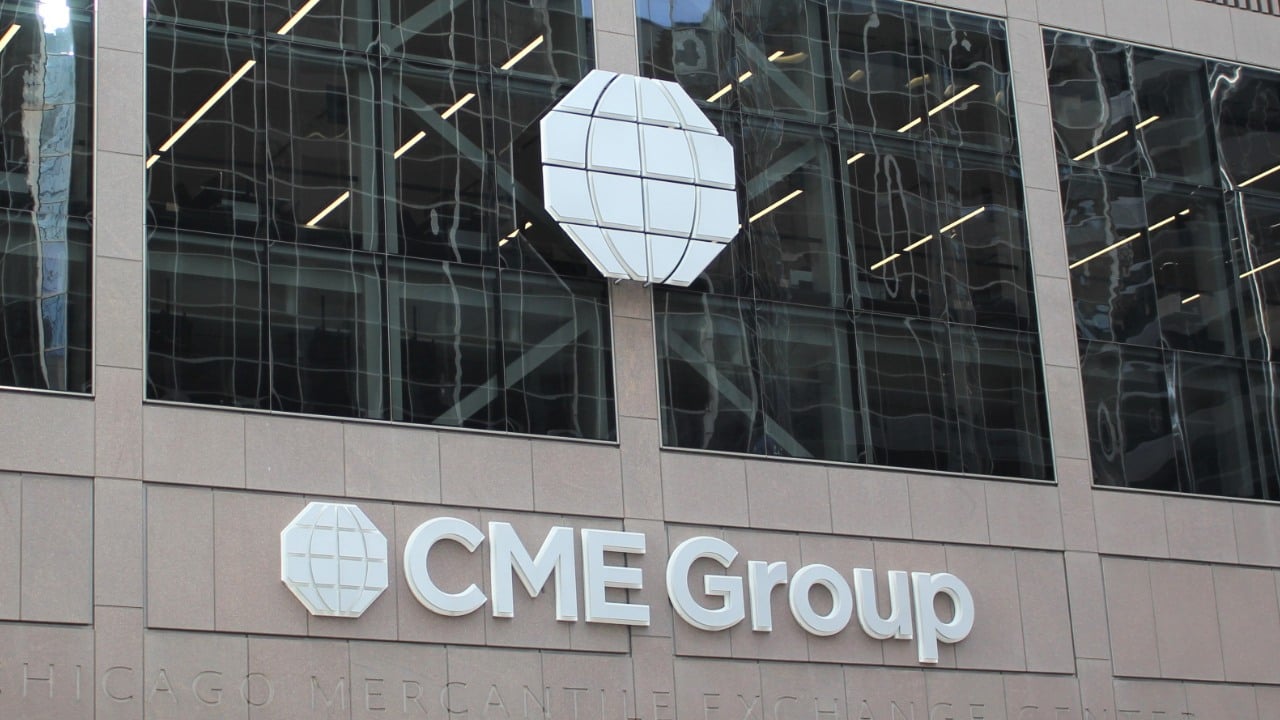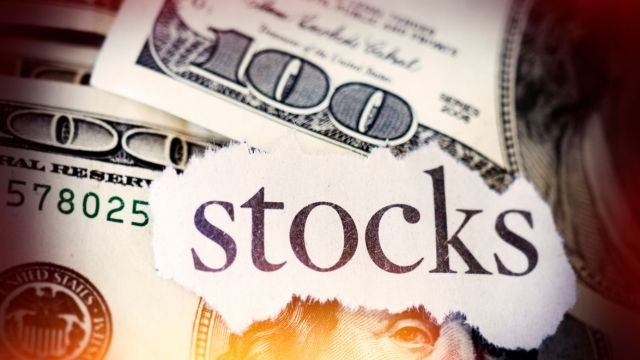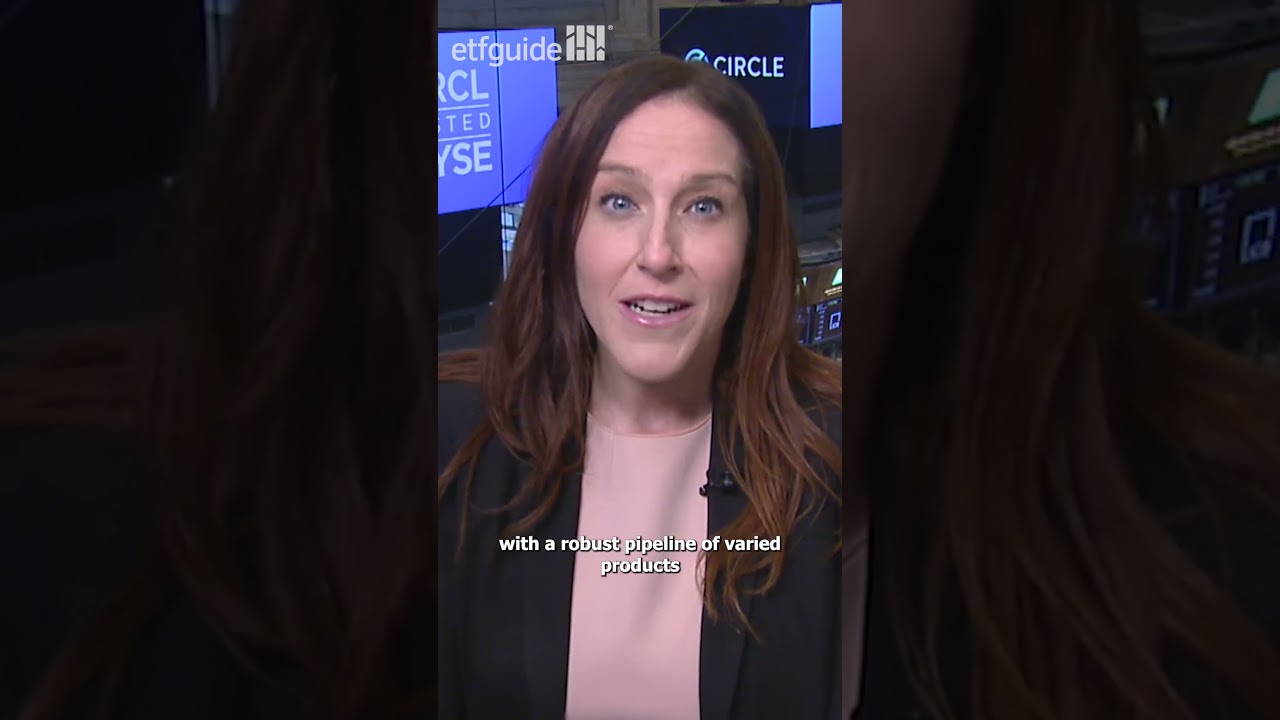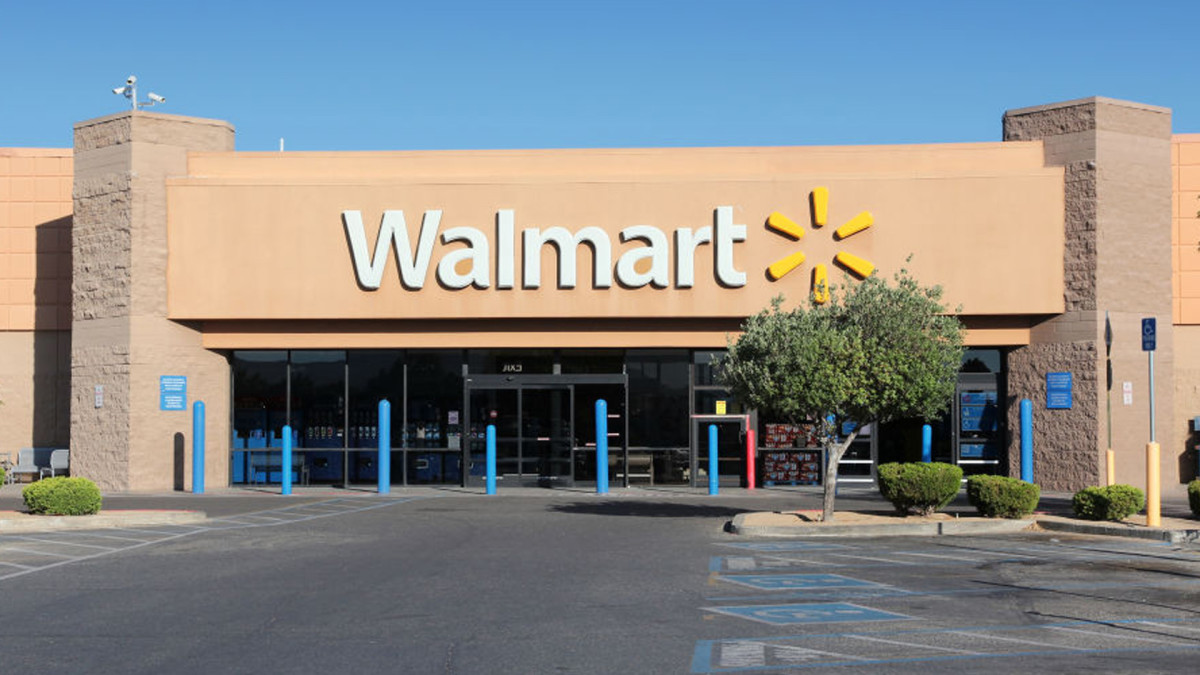A growing number of shoppers are avoiding this ingredient
More shoppers are turning away from a very common ingredient.

Trying to keep up with food and wellness trends feels like a full-time job.
It started with organic. Then came gluten-free. Then vegan, non-GMO, Whole30, dairy-free...you name it.
Grocery store shelves are now a sea of claims, labels, and certifications, each one shouting for attention and promising to be the "cleaner," "better," or "safer" option.
Shoppers are flipping packages over, scanning ingredient lists, and thinking twice before tossing something in the cart.
Related: Heinz announces a genius new product fans will love
They're not just looking for what a product has. They're zeroing in on what it leaves out.
And now, a new category of ingredients is getting side-eyed. It's not sugar, gluten, or carbs this time.
It's something that weaseled its way into everything from salad dressing to snack bars...something that was easy to miss, until now.
That rising skepticism paved the way for a new kind of label, one that’s now quietly changing what ends up in people’s carts.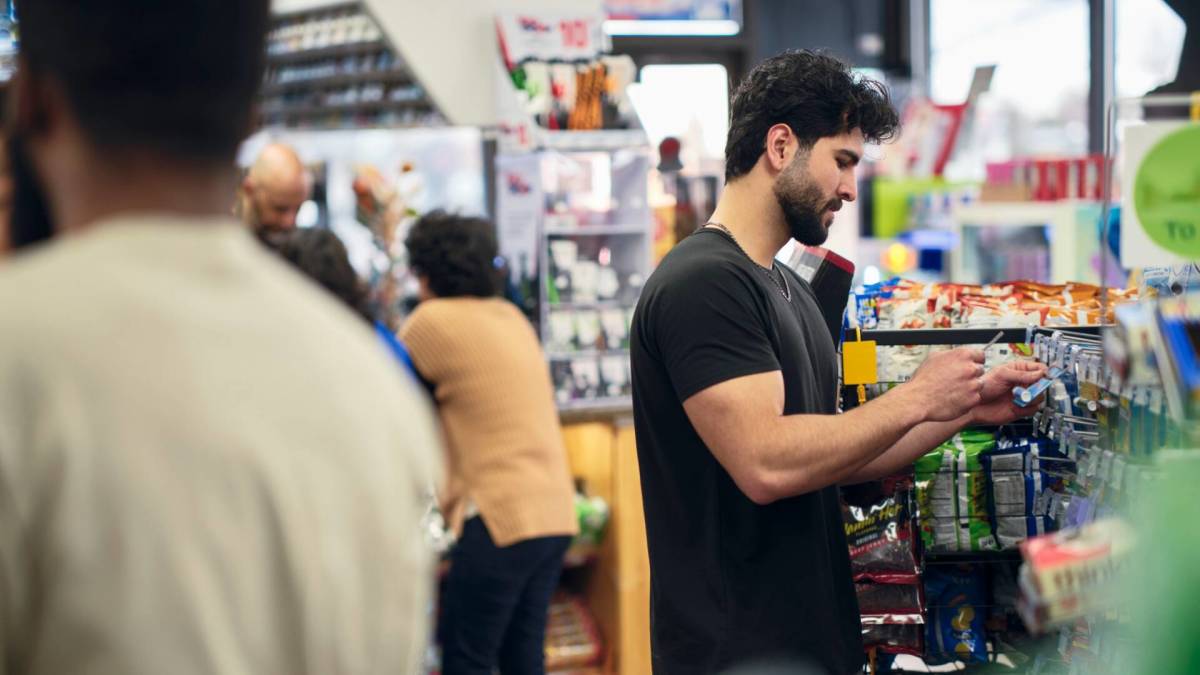
The backlash against seed oils is heating up
The ingredient getting dragged? Industrial seed oils. Think: canola, soybean, sunflower, and corn.
These weren’t even part of the American diet a century ago. Now, they can make up over 20% of the average person’s daily calories. You’ll find them in everything: frozen meals, sauces, baked goods, even “healthy” snacks.
They’re cheap. They’re stable. And they’ve quietly become a food industry favorite.
But not everyone’s convinced they belong in our food. Shoppers are starting to question their heavy refining, sky-high omega-6 levels, and ultra-processed vibes.
To meet that growing concern, brands are now turning to Seed Oil Free Certified™ — a label that launched in 2023 but is gaining serious momentum in 2025.
Related: Forget the ice cream man, try this healthy take on a summer treat
It’s the first official certification for products made without industrial seed oils. And the brands who jumped on board are already reaping the benefits.
According to a press release, Seed Oil Free Certified products saw a 216% sales spike in Q1 2025 compared to the year prior. Even more eye-popping, these products made a 410% jump in just the most recent 12-week period.
And that growth isn’t limited to niche wellness aisles. Sales are booming in both natural and conventional retail.
What started as a quiet movement is quickly becoming a shelf-shaking trend.
How seed oil-free labels are helping brands
For shoppers, the seal keeps things simple. For brands, it’s a fast track to standing out.
According to the Seed Oil Free Alliance, certified brands are seeing stronger customer interest, better shelf velocity, and real traction with ingredient-conscious buyers.
“We’ve seen firsthand the positive impact it has had on our brand,” said Daily Crunch Co-founder Laurel Orley.
More on retail:
- Starbucks changes drink prices (you might like it)
- Iconic Disney theme park treat comes to grocery stores
- General Mills makes huge change to your favorite cereals
“Displaying the Seed Oil Free Certified seal on our packaging helps customers identify Daily Crunch as a product aligned with their values.”
And those values are driving real decisions. A recent nationwide survey found that 28% of U.S. consumers are now actively trying to avoid seed oils.
They’re looking for simpler ingredients, less industrial processing, and more transparency.
For brands, it’s not just about putting a new label on the front. It’s about building trust in an aisle full of noise.
And the numbers don’t lie: shoppers are buying in.
A full list of Seed Oil Free Certified products can be found at seedoilfreecertified.com.
Related: The diet mistake 71% of Americans are trying to fix





